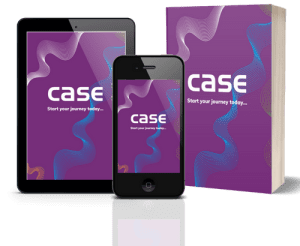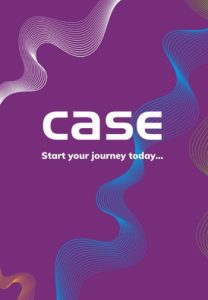Real Stories, Real Impact
At CASE, the voices of our trainees and their families are at the heart of everything we do. Our CASE Studies highlight the real experiences of people whose lives have been enriched by our services.
Through personal stories, trainees share how they’ve grown in confidence, developed new skills, and built lasting friendships. Parents and carers reflect on the positive changes they’ve seen – from increased independence to greater wellbeing and opportunities in the community.
These stories shine a light on the difference CASE makes every day, celebrating achievements both big and small.










